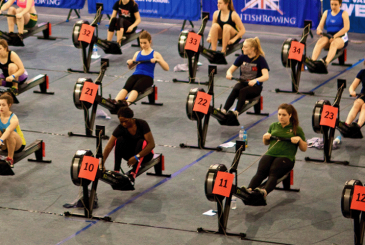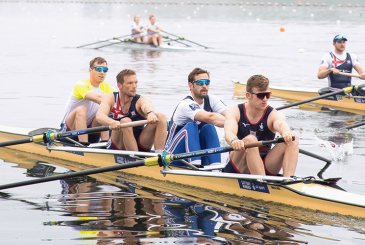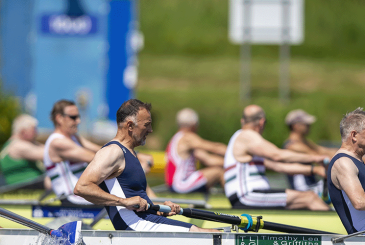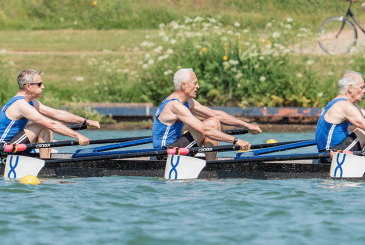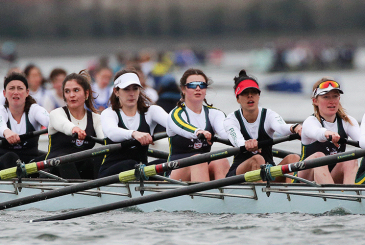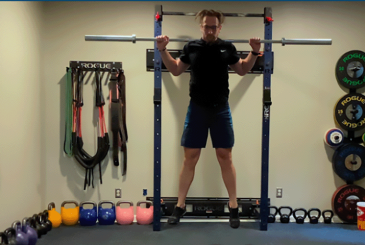Everyone needs a holiday at the end of the season – but how can you keep up your fitness levels? The GBRT Sports Science Team provide advice
A holiday can have a recuperative effect but if you have a prolonged break, with no training at all, then you can expect to see a significant decline in fitness.
Incorporating some training into your break will reduce fitness loss, although this does depend on the level that you compete at. The fitter you are, the sooner you will notice signs of detraining. So an elite athlete may need to schedule less time off compared to a more novice athlete to limit the impact next season.
On the other hand, if you are an athlete with a long training history (ie. 10 years) it will take less time to regain your fitness, compared to an athlete with a shorter training history (ie. 1-2 years).
So how long can you take off?
Competitive athletes who normally train multiple times per day could have three weeks off at the end of the season before starting structured rowing sessions again. Those training once per week may not feel the consequence of a longer rest due to a lower baseline fitness.
Five tips for retaining fitness
- Enjoy your time off, but in moderation
Manage your energy intake to match the reduction in energy expenditure. Gaining excessive body weight is easier than losing it! - Do something different
Three weeks of no training may sound appealing, but how about trying cycling, running, swimming – or a sport you haven’t tried before? - Prehab
Now is a good time to work on core strength and flexibility to minimise the risk of injury during the subsequent season. - Remember to rehab!
Work on any unresolved injuries. Use the off-season to work on areas of weakness. - Slow but sure…
Don’t try to test yourself in the first week of full training. Allow your body to adapt to the increased workload and you will increase the chance of avoiding illness, injury or overtraining.
However long you take off – enjoy your break!
Read the research
A case study, published in 2005, investigated the impact of detraining and retraining in an Olympic rowing champion, who competed at the 2000 Olympic Games.
After no training for eight weeks there was a significant decrease in fitness levels. When the rower started training again, though fitness improved rapidly in the first eight weeks, after 20 weeks only two fitness parameters were back to the athlete’s pre-Olympic standard: power at V̇O2 peak and power at 4mmol per litre of blood lactate.
The remaining fitness markers were all within 5% of pre-Olympic measures, demonstrating that some physiological measures can take over twice as long to regain, as they do to lose.
Photo: Anna Klepatckaya/Shutterstock.com




